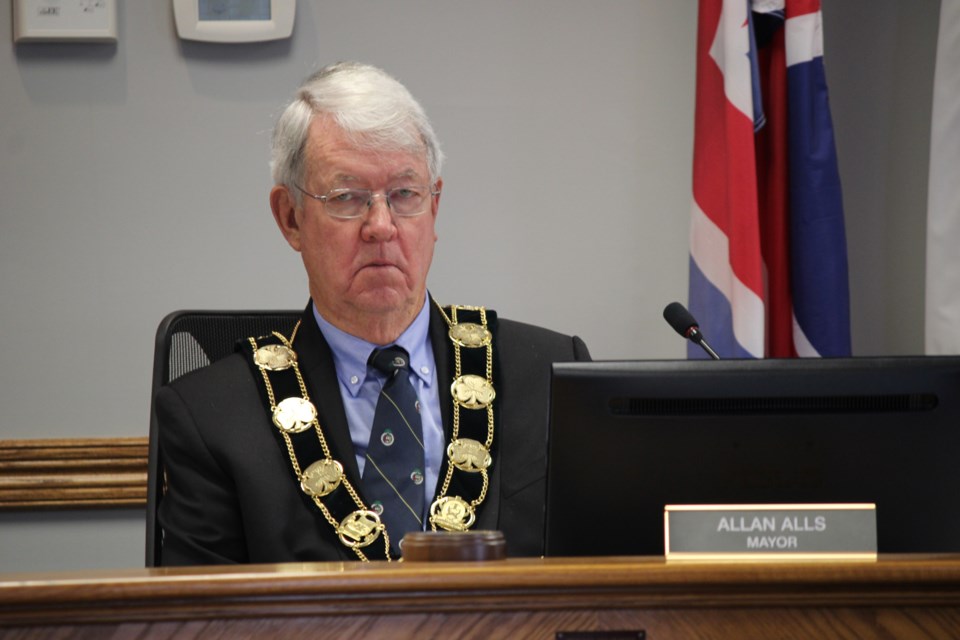TOWN OF ERIN – Erin’s mayor is stressing that the cost of town’s proposed wastewater treatment plant (WWTP) is a bold but necessary move for the future of the area.
Allan Alls released a statement advocating for the WWTP which has been estimated to cost $118 million back in 2018.
The current plan is to build the plant on a piece of property at 10th Line and Wellington Road 52.
Construction is expected to begin in late 2022 or early 2023.
“The reality is, we are falling behind as a town of our size,” Alls said.
“We rely on aging septic tanks and systems that are costly to repair, harmful to the environment and outdated when compared to other towns across Ontario.”
In the mayor’s statement, he explained that costs boil down to two components, the plant and sewer building and connecting.
He said developers looking to build subdivisions in town will pay for a majority of the infrastructure in development areas and there will be no cost to rural residents.
Alls acknowledged that the exact cost to each household affected is unknown until government grants are finalized.
“Our commitment is to make this as affordable to residents as possible by financing the costs over a period of 10 to 15 years,” Alls said.
“Local residents will pay for the wastewater mains which will run down existing streets and we expect these costs to be in the $15,000 to $18,000 range.”
On the town’s website in the wastewater section, these construction costs are noted.
However, there is also a connection cost for each household which could range between $4,000 and $8,000 depending on the distance from the house to the pipe.
The town, which includes the villages of Erin and Hillsburgh, has a population around 11,000.
Erin’s website says the WWTP will be able to service nearly 15,000 residents and provide servicing for existing and future commercial or employment land.
The province has mandated Wellington County to grow to a minimum population of 160,000 by 2051, nearly double what it is today.
“Erin will have to take our fair share of this,” Alls said. “We need the tax dollars to help us build our roads and bridges and to replace or maintain the infrastructure we rely on every single day.”
Alls’ overall message stressed there are impacts greater than dollar values if they don’t go forward with this project.
He said main street businesses will struggle as the cost of pumping and trucking waste raises and will discourage new businesses from opening in town.
In Alls view, this also means they will fall behind in housing for seniors and young families.
“We can’t build new subdivisions to support ourselves in similar ways other small communities near the GTA are,” Alls said.
Alls said the economic impact of COVID-19 means the town needs to take a measured risk to support the future of Erin.
“I believe now is the time to find a balance between responsible, thoughtful change and the maintenance of the rural roots that makes Erin such a special place to live,” Alls said.
“I believe now is the time to start thinking responsibly and to start investing in the future of our town.”

